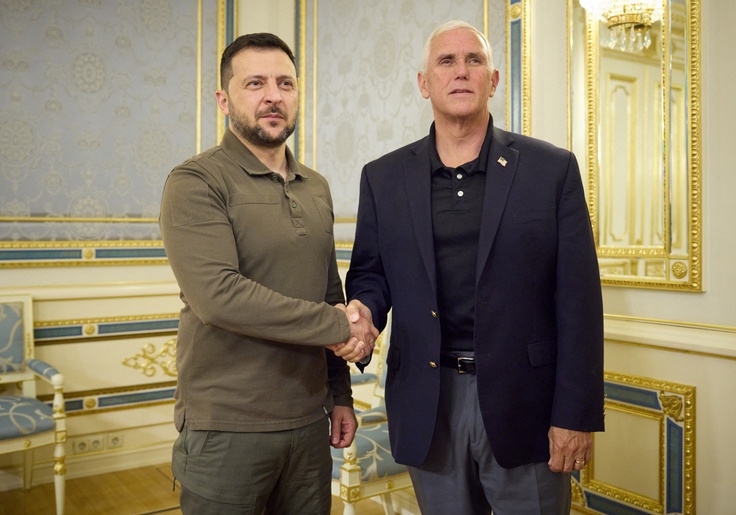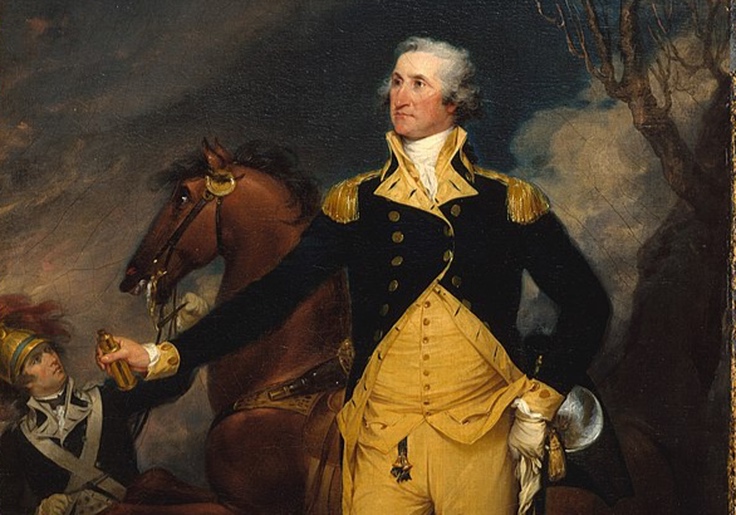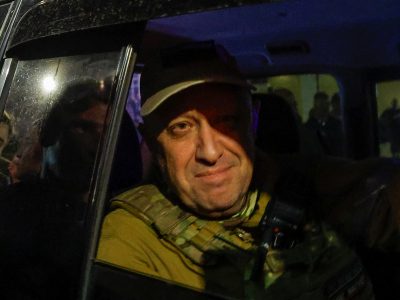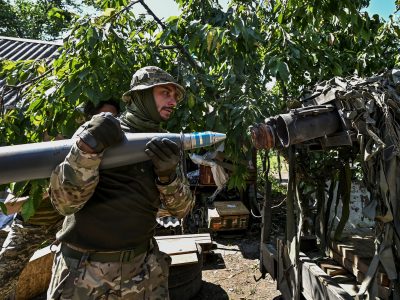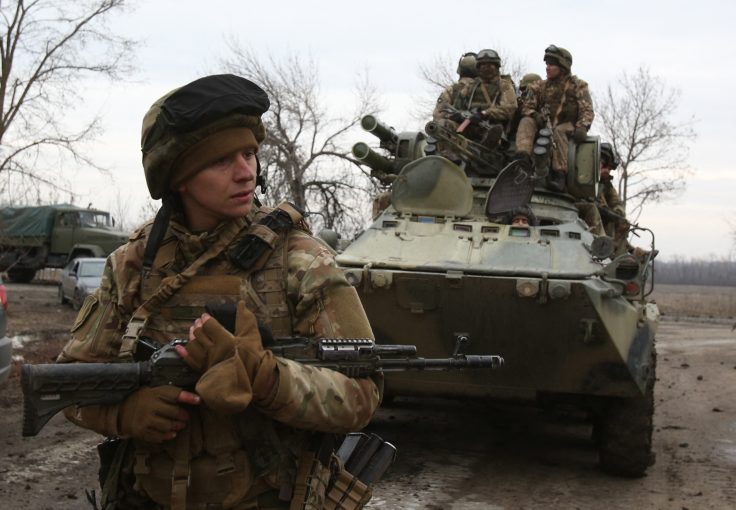Samuel Ramani, an Oxford expert on Russia-Syria relations, has written a strongly researched account of the events that led to the tragic Russo-Ukrainian war. Ramani describes the war at its year-and-a-half milepost as Ukraine was about to launch its counteroffensive to take back occupied territory. It was written before the dramatic "coup" attempt by Wagner forces in late June.
This war will surely go down as one of the greatest tragedies of the 21st century. Anyone who claims to know how it will end will be surprised.
Thus, Putin’s War is history written not in historical time but as history itself is unfolding and at remarkable speed and complexity, as evidenced by the failed coup itself. As such, the reader is confronted with a mix of history and current events as dictated by publication deadlines.
Ramani writes as a historian putting together the small bits and big pieces that led to this tragedy. He documents his narrative with some 125 pages of notes and includes a detailed index for the reader. The book is over 430 pages long. As reader and reviewer, I would have welcomed a more compact version. That the author takes his time to explain events in detail, however, allows him to explore the many nuances that belie the often simple-minded narratives to which we have become accustomed.
Throughout his book, Ramani lays out both the Kyiv and Kremlin version of events. As to the latter, the Kremlin claim is that Putin invaded as a preemptive strike against an imminent NATO invasion, that the Kyiv government is an illegitimate "junta" dominated by Nazis and ultra-nationalists, that the Maidan revolution was organized by Hillary Clinton, and so on. In such matters, Ramani does not engage in disputation. Perhaps this is a wise approach, although the Kremlin narrative at times strains credulity. At a minimum, we need to understand Russian propaganda’s powerful hold over many in Russia and elsewhere.
Interestingly, Ramani describes the ousted president Victor Yanukovich as less of a black and white figure. It seems that Yanukovich was trying to walk a tightrope between East and West. When confronted with a stark choice, Yanukovich opted for Russia, and Ukraine exploded into its Maidan revolution.
Ramani’s account brings home that our world is divided into two competing models. The Kremlin (and Chinese) narrative favors a non-democratic empire run by a wise "power vertical" that supposedly defends traditional values, protects vast natural resources, and posits a "Russian World" that the decadent West wishes to destroy. The Western counter-narrative is of a world order that offers democracy, freedom of expression, and defends those, such as Ukraine, threatened by Russian imperial expansionism. The Kremlin narrative, to date, has been limited in its geographical appeal. Russia’s unprovoked attack on a sovereign nation apparently does not sit well, even at the fractious United Nations.
The author begins his account with Putin’s anti-NATO outburst in 2007 in Munich. He then follows with Russia’s incursion into Georgia and Putin’s siding with Assad in Syria. We then have Russia’s spring 2014 annexation of Crimea and the appearance of "little green" mercenaries in self-proclaimed Donbas "Peoples’ Republics," as administered by Moscow plenipotentiaries. As Ukraine’s defensive Anti-Terrorist Operation counterattacked, the Kremlin introduced regular troops in July 2014. The consequences were disastrous for Ukraine, which had little recourse other than to join the conference table in Minsk. What followed was a so-called cease-fire—more a frozen conflict—that made a mockery of the Minsk Accords.
Ramani raises a thought-provoking question at this juncture: Why didn't Russia, faced with weak Ukrainian resistance, proceed full speed into Ukraine’s heartland with its regular forces? The author’s answer: The Kremlin wanted a "federalist" Ukraine that possessed "special" privileges within the state, such as veto rights over any foreign alliance, either military or economic. Although the Minsk Normandie partners at first failed to understand Putin’s "federalism," Ukrainians understood that it would destroy their country from within and with little blood shed by Russia. Ukraine meanwhile garnered the support of its own people, built up its armed forces, and solicited the support of the "civilized West" and even international organizations—all upset by the Russian invasion.
After an almost decade of frozen warfare, Putin ordered a full-scale invasion from multiple directions aimed to destroy the Ukrainian state. The invasion, disguised by massive military maneuvers along the length of Ukraine’s borders, caught Ukraine and the West by surprise. But the unprovoked invasion caused the civilized West to impose sanctions and supply weapons far beyond Russia’s expectations as Russia became a pariah state with few allies and "ally" China playing an ambiguous role.
The February invasion provided a major surprise; namely, the incompetence and unpreparedness of the vaunted Russian Army, which paralyzed into a huge traffic jam expanding from the Kyiv outskirts all the way back to Belarus. A key element in Ukraine’s defeat of the invading Russian forces was the bravery of Ukraine’s relatively new president, Volodymyr Zelensky, as he refused to abandon the capital for the relative safety of west Ukraine or Poland.
Ramani’s account ends in January 2023 with a clear frustration of Kremlin aims to decapitate the Ukrainian state as the Russian army disproved its designation as the world’s second strongest military and the world anxiously awaited Ukraine’s counteroffensive.
The war has seen a bunch of firsts: fierce sanctions against Russia’s rulers and war machine, embargoes on grain, the blowing up of dams and major infrastructure (the Nord Stream pipelines), new age fighting with drones, nuclear saber-rattling, clear evidence of Russian war crimes, and Russia’s isolation from the civilized world.
Ramani ends on a pessimistic note with respect to settlement of the Russo-Ukrainian war: "It is apparent that Russia cannot win and cannot afford to lose the war. Ukraine regards the full liberation of its territory as an existential need, even if a complete victory is a multiyear process."
We will be studying how this war came to be for decades after it is over. We’ll need to understand how and why the post-Soviet territorial consensus broke down as a Russian-financed and supplied invasion of Eastern Ukraine got underway.
As to Putin’s motivation, the author runs through a number of explanations—NATO expansion, an imminent invasion threat from NATO, the threat of contagion from a prosperous and democratic Ukraine, an irrational Putin—among other explanations. Ramani argues that the overwhelming motive was Putin’s urgent need to extinguish the contagion from Maidan. The author pictures Putin as "rational" and not seriously ill, as some claim. As to the threat of sanctions, Russia’s reserve funds sitting "safely" in Western banks gave Putin the confidence that he could withstand sanctions. He did not anticipate that Western central banks would freeze his war chest. Putin, moreover, counted on the fact that Angela Merkel’s Germany would stand behind the Nord Stream pipeline that would continue dependence on Russian gas.
Ramani raises the inevitable question of whether we can write good history as that history is being made. With the outbreak of the first European war of the postwar era, we have a monumental event that will dictate the course of Europe’s history for the next few decades. The question is whether we should wait for history to become history or whether we should plunge in as the author has. Ramani has indeed laid the foundations for future histories of the Russo-Ukrainian war. He largely leaves predictions to future scholars.
Putin’s War on Ukraine: Russia’s Campaign for Global Counter-Revolution
by Samuel Ramani
Hurst, 592 pp., $29.95
Paul Gregory is a research fellow at Stanford University’s Hoover Institution and the author, most recently, of The Oswalds: An Untold Account of Marina and Lee (Diversion Books).





